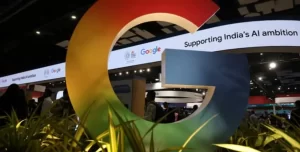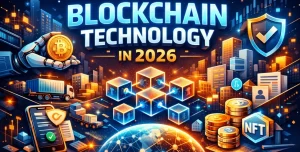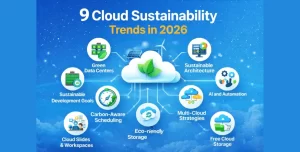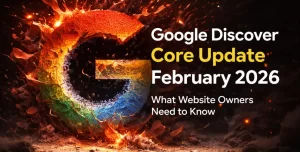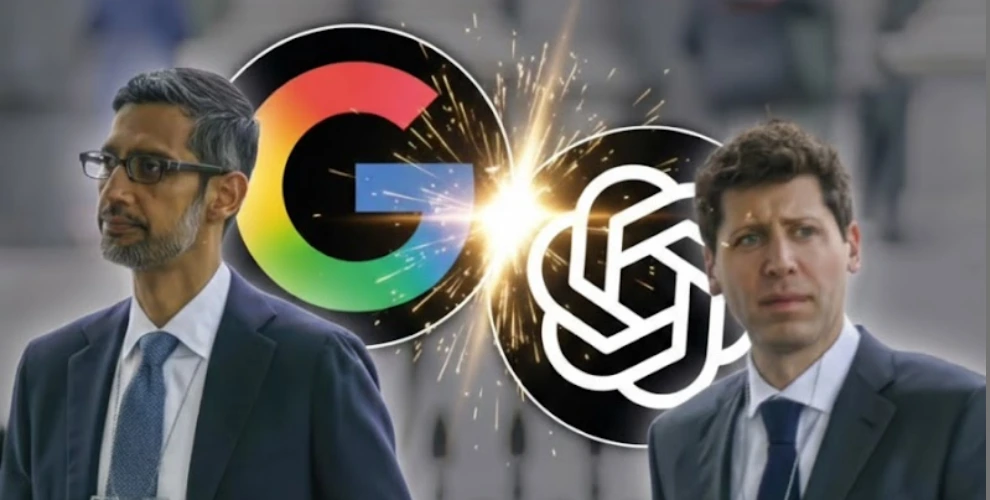
AI Browser War Begins: ChatGPT Atlas vs Google
Table of Contents
Introduction
Artificial Intelligence is transforming how we search, browse, and interact with the web. For years, Google dominated the browser and search market without any real challenger.
But 2025 has introduced something completely new: ChatGPT Atlas, an AI-poweed browser from OpenAI designed to change the way users browse the internet.
This shift has sparked what many are now calling the AI Browser War — a competition between Google’s traditional search ecosystem and AI-driven browsing powered by ChatGPT.
As WikiGlitz continues to provide new and useful insights for tech readers everywhere, this article breaks down how ChatGPT Atlas and Google differ, what advantages each brings, and what this means for the future of browsing.
What Is ChatGPT Atlas?
ChatGPT Atlas is an AI-first browser designed by OpenAI to replace the traditional search → click → read cycle. Instead of displaying links, Atlas reads the internet for you and delivers clear, summarized, contextual answers instantly.
It works like:
- You type a question.
- Atlas understands your intent.
- It pulls live web data.
- It gives an answer, summary, or action.
- It can open links, take notes, autofill, or perform tasks.
In short, it is a browser that thinks and acts like an assistant, not a directory of links.
Key Features of ChatGPT Atlas
- AI-Powered Search
Instead of showing hundreds of results, Atlas gives one accurate response sourced from the internet. - Real-Time Web Reading
It scans multiple pages, checks facts, and compiles the best answer. - Task Automation
Bookings, research, content extraction, translations, and summaries are automated. - Built-In Assistant Mode
You can chat with the browser for anything — from research planning to generating code. - Multimodal Support
Supports text, voice, images, videos, and documents inside the browser window.
ChatGPT Atlas is not “just a browser.” It is a system designed to replace how we interact with information.
What About Google?
Google remains the world’s most-used search engine and browser ecosystem. Chrome, Search, Maps, Gmail, YouTube, and Android together form a strong network that connects billions of users.
But Google’s search experience has stayed roughly the same for years:
- You search.
- You get a list of links.
- You read, choose, compare, and analyze manually.
Even with AI upgrades like Search Generative Experience (SGE) and Gemini-powered summaries, the experience still revolves around traditional search mechanics.
Strengths of Google
- Massive Web Index
Google crawls millions of websites every day and has the largest database of information. - Trust and Accuracy
Decades of ranking algorithms improve the credibility of the results. - Integrated Ecosystem
Chrome + Search + Maps + YouTube + Gmail give Google a powerful advantage. - Speed
No browser today beats Chrome’s optimized speed and stability.
Google remains strong, but the rise of AI browsers is pushing it into a new era of competition.
ChatGPT Atlas vs Google: What’s Changing?
The biggest difference lies in how each platform treats information.
1. Browsing vs. Getting Answers
- Google: Shows links. You do the work.
- Atlas: Reads links. It does the work.
This single shift changes everything for students, professionals, marketers, and researchers.
2. Time Efficiency
Atlas cuts research time by 80–90 percent.
Google requires manual browsing, which takes significantly longer.
3. Personalization
- Atlas: Learns your preferences, tone, tasks, and context.
- Google: Suggests based on history, but not deep personalization.
Atlas behaves like a personal assistant — not a tool.
4. Integration with AI Tools
ChatGPT Atlas includes:
- Text generation
- Code writing
- Image analysis
- Email drafting
- Research planning
- Summarizing long articles
All inside the browser.
Google still relies on separate tools or Gemini-in-search features.
5. Action Capability
Google: Can show you where to book a hotel or flight.
Atlas: Can book the hotel or flight for you with instructions.
The line between a browser and a personal assistant disappears with Atlas.
Will AI Replace Traditional Browsing?
Not completely — at least not immediately.
Google still has unmatched strengths:
- Large user base
- Chrome dominance
- Long-term trust
- Brand loyalty
- Cross-product integration
But the shift is happening.
AI-first browsers like Atlas reduce the dependency on manual search, which means:
- Fewer clicks
- Fewer websites are being visited
- More direct answers
- Less time wasted on ads
Many users want answers, not endless browsing. And that’s where Atlas wins.
What Are the Limitations?
Limitations of ChatGPT Atlas
- Accuracy depends on proper data access.
- Some tasks still require manual review.
- New users need time to trust AI-generated answers.
- Not as mature as Chrome in stability or developer ecosystem.
Limitations of Google
- Search can feel outdated.
- Too many ads and sponsored results.
- Results may require deeper filtering.
- Less helpful for complex research tasks.
Both platforms have strengths, and the competition is pushing innovation forward.
Who Will Win the AI Browser War?
It depends on the future direction of user behavior.
If users want answers → Atlas leads.
People who want quick information, summaries, and AI assistance will prefer ChatGPT Atlas.
If users want deep browsing → Google leads.
Users who want full control, link-based discovery, and wide results will still prefer Google.
If integration matters → Google leads.
Its ecosystem is larger and more mature.
But the biggest shift is this:
For the first time, Google has a real competitor.
This competition will reshape:
- SEO strategies
- Content ranking
- How websites get traffic
- How people interact with information
- The future of online advertising
The AI Browser War has just started, and both sides are evolving fast.
Conclusion
As the world enters an AI-driven era, browsing is no longer just about searching for information. It’s about how fast you can get clear, reliable, contextual answers.
ChatGPT Atlas represents a new direction for internet use, while Google continues to evolve its mature ecosystem.
Both platforms will shape the future in different ways. And as this space grows, WikiGlitz will continue delivering fresh insights, simplified explanations, and clear guidance to help readers stay updated in a rapidly changing digital world.
The AI Browser War is only beginning — and the next few years will redefine how we search, learn, and explore the web.
FAQs
1. What makes ChatGPT Atlas different from Google?
Atlas provides direct AI-generated answers instead of long search result pages.
2. Does Google still dominate search?
Yes. Google remains the global leader due to its ecosystem and massive index.
3. Which browser is better for research?
Atlas is faster for summaries; Google is better for deep multi-page research.
4. Will AI browsers replace traditional browsing?
Not immediately, but AI-driven search will play a major role in the future.
5. How does WikiGlitz help users stay updated?
WikiGlitz explains complex tech changes in simple, clear language and publishes frequent insights so readers always stay informed about the latest AI, digital trends, and innovations.
Want to keep up with our blog?
Our most valuable tips right inside your inbox, once per month.
WikiGlitz Team
Welcome to WikiGlitz, your ultimate destination for tech insights and innovation. Our expert team is dedicated to delivering free resources and professional advice on various technology topics, including Artificial Intelligence, Cyber Security, Cloud Computing, and more. We strive to empower our readers with up-to-date information and practical guidance, ensuring you stay ahead in the rapidly evolving tech landscape. At WikiGlitz, we are passionate about making complex technology accessible to everyone. Our team of seasoned experts curates content that is both informative and engaging, helping you understand and leverage the latest tech trends. Whether you're a tech enthusiast or a professional, WikiGlitz is your go-to source for reliable, expert-driven content. Join us on this journey to explore and embrace the future of technology.


